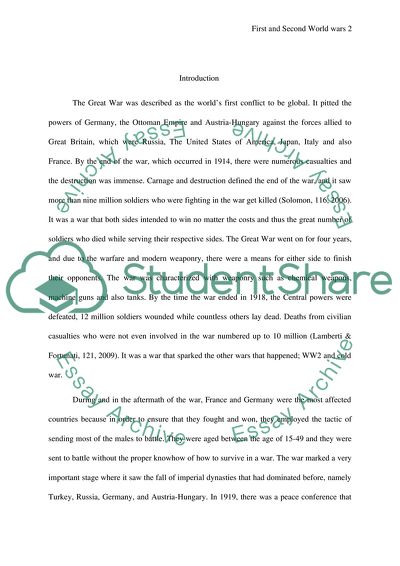Cite this document
(Reflecting on The Experience of The First and Second World Wars The Coursework, n.d.)
Reflecting on The Experience of The First and Second World Wars The Coursework. Retrieved from https://studentshare.org/history/1868978-3reflecting-on-the-experience-of-the-first-and-second-world-wars-and-the-cold-war-discuss-the-strategic-significance-of-maritime-commerce-and-secure-sea-lines-of-communication-in-supporting-defence-and-security-interests-reflecting-also-on-present-tim
Reflecting on The Experience of The First and Second World Wars The Coursework. Retrieved from https://studentshare.org/history/1868978-3reflecting-on-the-experience-of-the-first-and-second-world-wars-and-the-cold-war-discuss-the-strategic-significance-of-maritime-commerce-and-secure-sea-lines-of-communication-in-supporting-defence-and-security-interests-reflecting-also-on-present-tim
(Reflecting on The Experience of The First and Second World Wars The Coursework)
Reflecting on The Experience of The First and Second World Wars The Coursework. https://studentshare.org/history/1868978-3reflecting-on-the-experience-of-the-first-and-second-world-wars-and-the-cold-war-discuss-the-strategic-significance-of-maritime-commerce-and-secure-sea-lines-of-communication-in-supporting-defence-and-security-interests-reflecting-also-on-present-tim.
Reflecting on The Experience of The First and Second World Wars The Coursework. https://studentshare.org/history/1868978-3reflecting-on-the-experience-of-the-first-and-second-world-wars-and-the-cold-war-discuss-the-strategic-significance-of-maritime-commerce-and-secure-sea-lines-of-communication-in-supporting-defence-and-security-interests-reflecting-also-on-present-tim.
“Reflecting on The Experience of The First and Second World Wars The Coursework”. https://studentshare.org/history/1868978-3reflecting-on-the-experience-of-the-first-and-second-world-wars-and-the-cold-war-discuss-the-strategic-significance-of-maritime-commerce-and-secure-sea-lines-of-communication-in-supporting-defence-and-security-interests-reflecting-also-on-present-tim.


